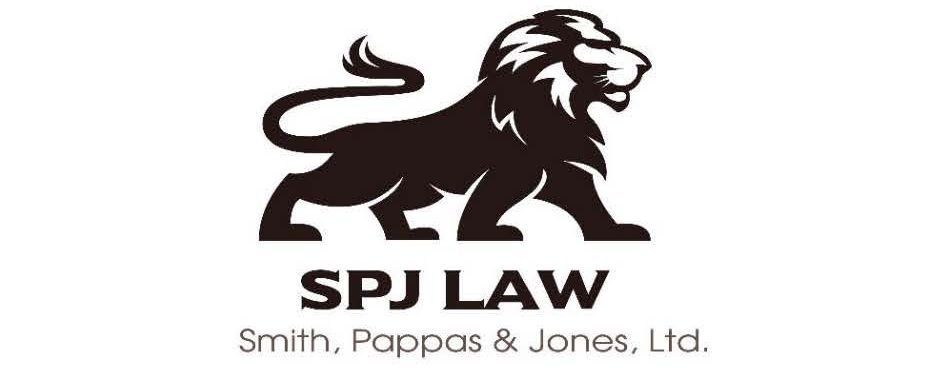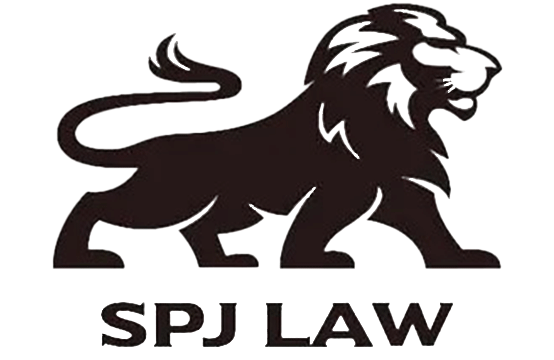Toll-Free Number: (800) 232-1325
Dealing with High Interest Credit Card Debt: Retirement Savings or Bankruptcy
As interest rates increase, paying off credit card debt is becoming a top priority for consumers.

In a previously written blog post we explored the benefits and detriments when comparing a Home Equity Line of Credit with Bankruptcy as a means of dealing with insurmountable high interest debt. This blog post will explore using 401k assets as means of dealing with insurmountable high interest debt.
The Importance of Preparing for the "Golden Years"
Physical stress, whether chronic or acute, can have profound effects on the human body over time. While acute stress responses are natural and even beneficial in certain situations, chronic exposure to physical stressors can lead to significant degradation of bodily systems and overall health. This degradation can be permanent, especially later in life, which permanently affects the income portion of a household balance sheet.
Mental stress, whether it stems from work, relationships, finances, or other sources, can also have profound effects on the human mind over time. While stress is a natural response to challenging situations, chronic exposure to mental stressors can lead to significant degradation of cognitive function, emotional well-being, and overall mental health. Just like degradation resulting from physical stress, the elderly are particularly susceptible to permanent impairment, which likely results in a decreased earning potential for life.
Eventually our bodies and minds will no longer allow us to meet the challenges we once faced and this will have a significant impact on our quality of life, unless we prepare by saving a portion of our wealth for a time when we are less capable, we may find ourselves living out our golden years in a sub-standard nursing home, or homeless.
How a Credit Score Affects Access to Housing and Transportation.
1. Access to Better Interest Rates: Lenders use credit scores to assess the risk associated with lending money. Borrowers with higher credit scores are perceived as less risky and are therefore offered lower interest rates on loans. A lower interest rate means lower monthly payments and less money paid over the life of the loan. Over the duration of a mortgage or car loan, even a slightly lower interest rate can translate into substantial savings.
2. Increased Loan Approval Odds: A strong credit history increases the likelihood of loan approval. Lenders are more inclined to extend credit to individuals with a history of responsible borrowing behavior, as evidenced by a good credit score. Conversely, a poor credit history may lead to loan denials or require the borrower to seek alternative, less favorable financing options.
3. Higher Loan Amounts: Good credit not only improves the chances of loan approval but also enables borrowers to qualify for higher loan amounts. With a higher credit score, individuals may be eligible for larger mortgage or auto loans, allowing them to purchase more expensive homes or vehicles that meet their needs and preferences.
4. Negotiating Power: A good credit score empowers borrowers to negotiate better loan terms with lenders. When seeking financing for a home or vehicle, individuals with strong credit may have leverage to negotiate lower interest rates, reduced fees, or more favorable loan terms. This negotiation ability can result in significant savings over the life of the loan.
5. Faster Loan Approval Process: Good credit can expedite the loan approval process, allowing borrowers to secure financing more quickly. With a strong credit history, lenders may require less documentation and conduct a less rigorous review of the borrower's financial profile. This streamlined process can be especially advantageous in competitive real estate markets or when purchasing vehicles with limited availability.
Paying off debts with 401(k) withdrawal:
Benefits:
- Immediate debt relief: By withdrawing from your 401(k) to pay off debts, you can quickly eliminate outstanding obligations, reducing financial stress.
- Avoidance of bankruptcy: By paying off debts, you may avoid the long-term consequences of filing for bankruptcy, such as damaged credit and limited access to credit in the future.
Detriments:
- Early withdrawal penalties: Withdrawing from a 401(k) before retirement age typically incurs substantial penalties and taxes, reducing the amount you can use to pay off debts.
- Loss of retirement savings: By tapping into your 401(k), you're reducing the amount of money available for your retirement, potentially jeopardizing your financial security in the future.
- Missed investment growth: Money withdrawn from a 401(k) loses the opportunity for compound growth, which can significantly impact your retirement savings over time.
Paying off debts with a 401(k) loan:
Benefits:
- Immediate debt relief: Using a 401(k) loan to pay off debts provides immediate relief from creditors and reduces financial stress.
- No penalties or taxes: Unlike a withdrawal, a 401(k) loan doesn't incur early withdrawal penalties or taxes, allowing you to access funds without additional financial penalties.
- Retirement fund preservation: While you're borrowing from your retirement savings, you're essentially borrowing from yourself, with the intention of repaying the loan and maintaining your retirement nest egg.
Detriments:
- Risk of default: If you're unable to repay the 401(k) loan according to the terms, it could lead to default. In such cases, the outstanding balance may be treated as a taxable distribution, subject to penalties and taxes.
- Opportunity cost: The money borrowed from your 401(k) loses potential investment gains, impacting your long-term retirement savings growth.
- Limited borrowing capacity: Most 401(k) plans limit the amount you can borrow, so you may not be able to borrow enough to cover all of your debts.
Filing for bankruptcy:
Benefits:
- Debt discharge: Bankruptcy can discharge most unsecured debts, providing a fresh financial start and relief from overwhelming debt obligations.
- Legal protection: Filing for bankruptcy triggers an automatic stay, halting creditor actions such as foreclosure, repossession, or wage garnishment.
- Preservation of assets: Depending on the type of bankruptcy filed, certain assets may be protected from liquidation through exemptions (like retirement savings).
Detriments:
- Credit damage: Bankruptcy remains on your credit report for several years, making it challenging to qualify for loans, credit cards, or favorable interest rates in the future.
- Public record: Bankruptcy is a matter of public record, potentially affecting your reputation and future financial opportunities.
- Limited options: Depending on the type of bankruptcy filed and your financial situation, you may have limited access to credit for a period after bankruptcy, making it difficult to rebuild your finances.
Conclusion
There are numerous considerations to make about how to deal with high interest debt. Access to housing and transportation is necessary and heavily reliant on an individual's credit score. Preparing for retirement is necessary and without doing so we are likely to spend our golden years in a miserable place.
Free Consultation
There are many considerations with respect to Bankruptcy too numerous to include in a brief publication. Bankruptcy is a practice suitable for an experienced debt relief attorney like those at Smith, Pappas & Jones, Ltd. Because there are so many nuances in the application of bankruptcy law, it is inadvisable that a person not experienced or knowledgeable about Title 11 of the U.S. Code, and how the courts have interpreted those laws, to file bankruptcy without the assistance of counsel.
If you would like to consult with experienced Debt Relief Attorneys contact Smith, Pappas & Jones, Ltd.
We are a debt relief agency. We help people file for Bankruptcy relief.











Share On: